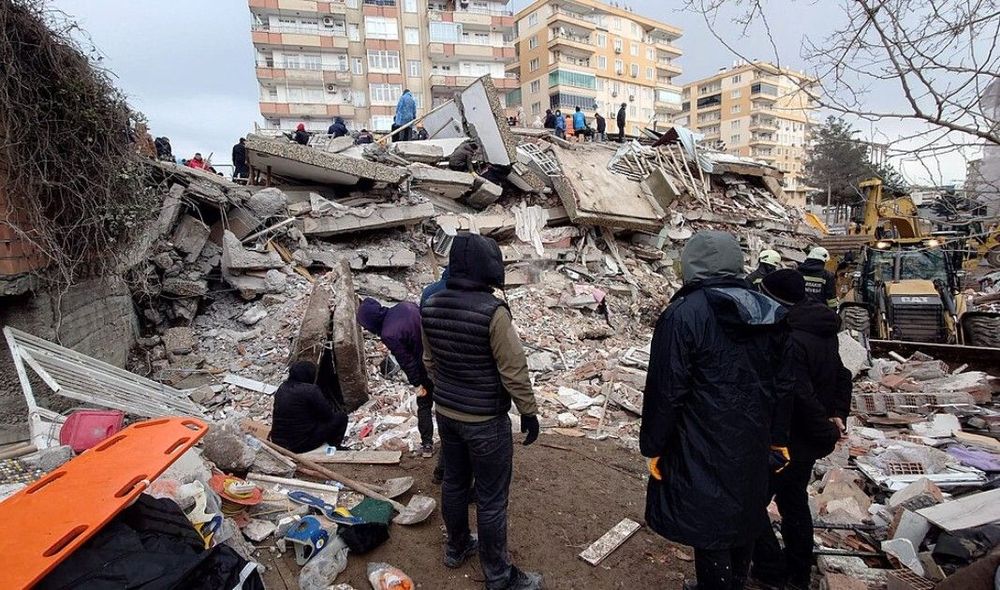Turkey's government restricts access to Twitter amid earthquake response
As rescue workers and volunteers frantically searched through rubble for survivors of two devastating earthquakes, the Turkish government on Wednesday blocked access to Twitter, according to internet watchdog NetBlocks.
More than 11,000 people in Turkey and Syria are confirmed dead as a result of Monday’s quakes. Since then, citizens took to social media to complain about the Turkish government’s emergency response in hard-hit areas.
On Wednesday morning, NetBocks posted data showing that Twitter access had been entirely shut down on several internet service providers, with limited access on others. A few hours later, around 10 a.m. Eastern time, the organization posted another chart showing that it was now entirely inaccessible without the use of a virtual private network, or VPN. Twitter is often used as an essential communication tool during fast-moving emergency situations.
Confirmed: Real-time network data show Twitter has been restricted in #Turkey; the filtering is applied on major internet providers and comes as the public come to rely on the service in the aftermath of a series of deadly earthquakes
— NetBlocks (@netblocks) February 8, 2023
Report: https://t.co/CEbfgeBpvz pic.twitter.com/3884wMpYD2
“Live metrics show that the Twitter restriction in #Turkey has been extended to more internet providers,” they wrote on Twitter. “The filtering measure is likely to impact community rescue efforts underway after the series of deadly earthquakes on Monday.”
Since the earthquake struck, the government has been highly sensitive to criticism, with reports of journalists being detained and threatened with investigation for reporting on the emergency response. On Tuesday, President Tayyip Erdogan’s communications director announced the launch of an app through which citizens can report disinformation.
“You can download and report the suspicious/fake news produced and spread about the earthquake disaster to your phone,” the official, Fahrettin Altun, wrote.
''Dezenformasyon Bildirim Servisi'' halkımızın kullanımına açılmıştır.
— Fahrettin Altun (@fahrettinaltun) February 7, 2023
Deprem felaketine ilişkin üretilen ve yayılan şüpheli/yalan olduğunu düşündüğünüz haberleri uygulamamızı telefonunuza indirip bildirebilirsiniz.
IOS:https://t.co/D2s9PDjHvA
Android:https://t.co/JgoKE3Xyot pic.twitter.com/6VQfXyDnQ9
Opposition leader Kemal Kılıçdaroğlu criticized the throttling of Twitter, saying that he had urged friends to use a VPN in order to continue using the platform. “This insane palace government cut off social media communication,” he wrote, in a translated message. “The result is less cries for help. We know everything you're trying to hide. We await your explanation.”
Such restrictions on social media were enshrined recently through a “disinformation law” passed at the end of 2022, which opens up people found to spread false information to prosecution and allows the government to restrict social media when necessary.
Even before that law, Erdogan has frequently set his sights on Twitter, temporarily banning it in 2014 and restricting all social media in 2016 during an attempted military coup.
James Reddick
has worked as a journalist around the world, including in Lebanon and in Cambodia, where he was Deputy Managing Editor of The Phnom Penh Post. He is also a radio and podcast producer for outlets like Snap Judgment.


